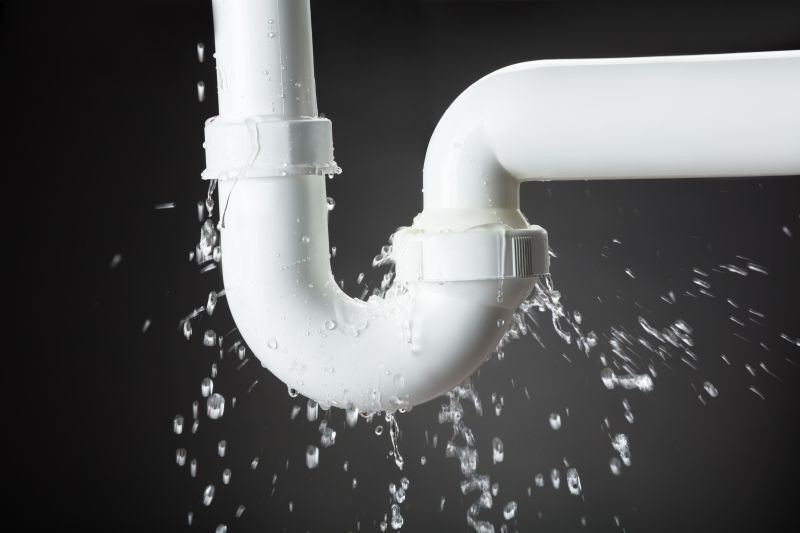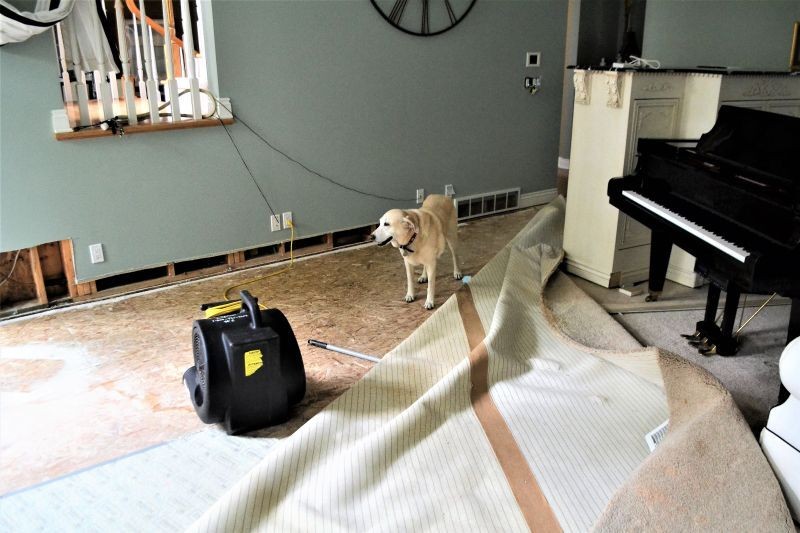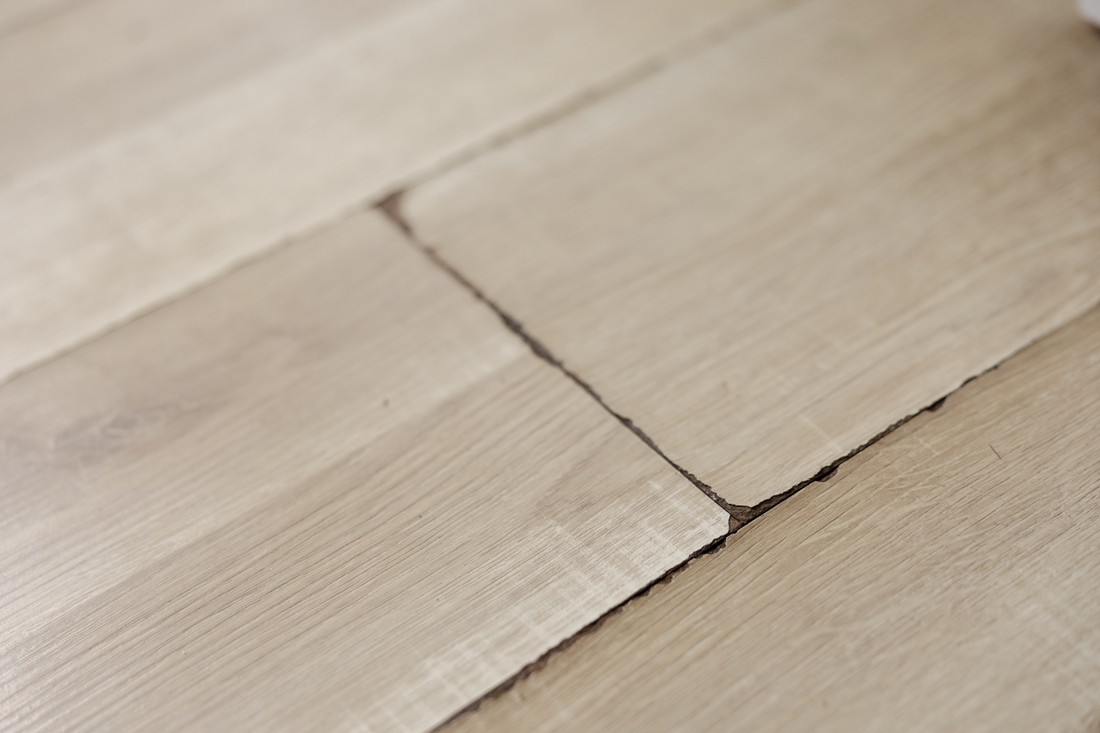
Facts and Statistics About Water Damage and Restoration
- 10% of households in the United States waste over 90 gallons of water each day through minor leaks and drips.
- Fixing these drips can represent an average of 10% savings on your water bill.
- Homes in the United States leak over one trillion gallons of water every year.
- The typical price range to restore water damage across the country is between $1,240 and $5,342.
- Every year, a significant number of water damage claims are made by homeowners.
The Importance of Promptly Addressing Water Damage
Water damage in your home can be a distressing and overwhelming experience. Whether it’s from a burst pipe, a leaky roof, or a natural disaster, immediate action is crucial to minimize the damage and prevent secondary issues like mold growth. In this article, we will discuss the steps you should take after experiencing water damage to ensure proper restoration and prevent further damage.

Step 1: Ensure Safety
Before attempting any restoration or cleanup, it’s essential to prioritize your safety and the safety of others. If the water damage is severe or poses a risk to your well-being, evacuate the premises and contact emergency services if necessary. Do not enter the affected area if there are electrical hazards or structural damage.
Step 2: Stop the Source of Water
To prevent additional damage, it’s crucial to identify and stop the source of water. If it’s a burst pipe or a leaky faucet, shut off the water supply to the affected area. In case of severe flooding or natural disasters, contact a professional water damage restoration company to assist you.
Step 3: Document the Damage
Before initiating the cleanup and restoration process, document the extent of the water damage. Take photographs or videos of the affected areas and any belongings that have been damaged. This documentation will be useful for insurance purposes and can help you in filing a water damage insurance claim.
Step 4: Remove Standing Water
Once the source of water has been stopped, it’s imperative to remove any standing water from your property. You can do this using a wet/dry vacuum, buckets, or towels. Be cautious while handling electrical appliances or equipment near water.
Step 5: Dry Out the Affected Area
After removing the standing water, focus on drying out the affected area. Open windows, turn on fans, and use dehumidifiers to improve air circulation and speed up the drying process. If necessary, contact a professional water damage restoration company that specializes in water extraction services.

Step 6: Remove Damaged Materials
In cases of severe water damage, you may need to remove and dispose of damaged materials such as carpets, furniture, drywall, and insulation. These materials can harbor mold growth and may need to be replaced to prevent further damage and ensure a safe environment.
Step 7: Clean and Disinfect
Thoroughly clean and disinfect all surfaces that came into contact with the water. Use appropriate disinfectants to eliminate bacteria and prevent mold growth. Wear protective gear, such as gloves and masks, during the cleaning process.
Step 8: Seek Professional Restoration Assistance
If the water damage is extensive or if you’re unsure about the restoration process, it’s recommended to seek professional assistance. A water damage restoration company, like Houston Restoration Group, has the expertise, equipment, and techniques to handle the restoration process effectively and efficiently.
Step 9: Prevent Future Water Damage
After addressing the immediate water damage, it’s essential to take steps to prevent future occurrences. Regularly inspect and maintain your plumbing system, roof, and gutters. Install sump pumps, backup generators, and water leak detectors to minimize the risk of water damage in the future.
What should I do if the water damage is severe?
How can I prevent future water damage?
Conclusion
Experiencing water damage in your home can be overwhelming, but taking immediate action is crucial to prevent further damage and ensure a successful restoration. By following the steps outlined in this article, documenting the damage, and seeking professional assistance when needed, you can mitigate the impact of water damage and restore your home to its pre-damaged condition.
For more information on water damage restoration services, you can visit Houston Restoration Group. They offer comprehensive restoration services, including emergency water damage repair, water extraction services, and mold removal services.
For further reading on water damage restoration, you may find these resources helpful:
- Water Damage Restoration Collection Articles
- The Best Water Damage Restoration Services of 2023
- Water Damage Restoration Vs. Water Mitigation
- Water and Flood Damage Cleanup Guide
- Best Water Damage Restoration Services of 2023
- Tips and Tricks for DIY Water Damage Cleanup
For immediate assistance with water damage restoration, call Houston Restoration Group at 281-519-7318.
